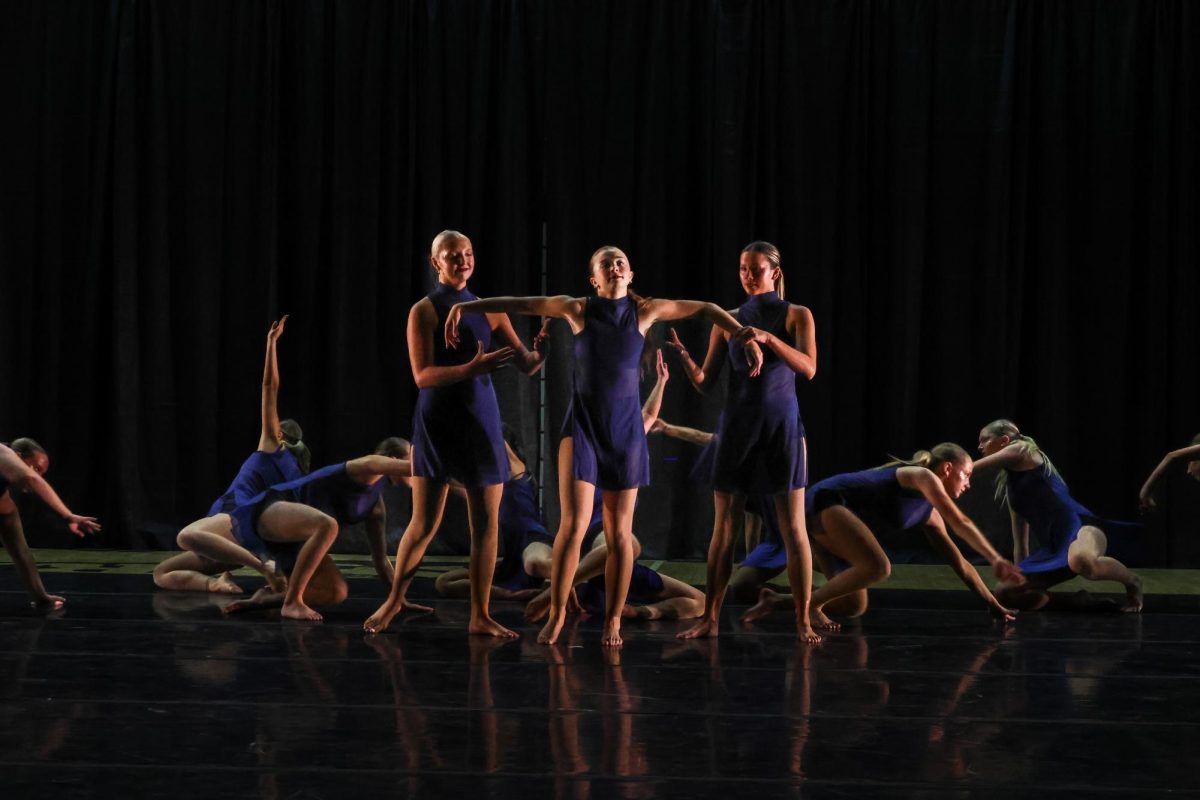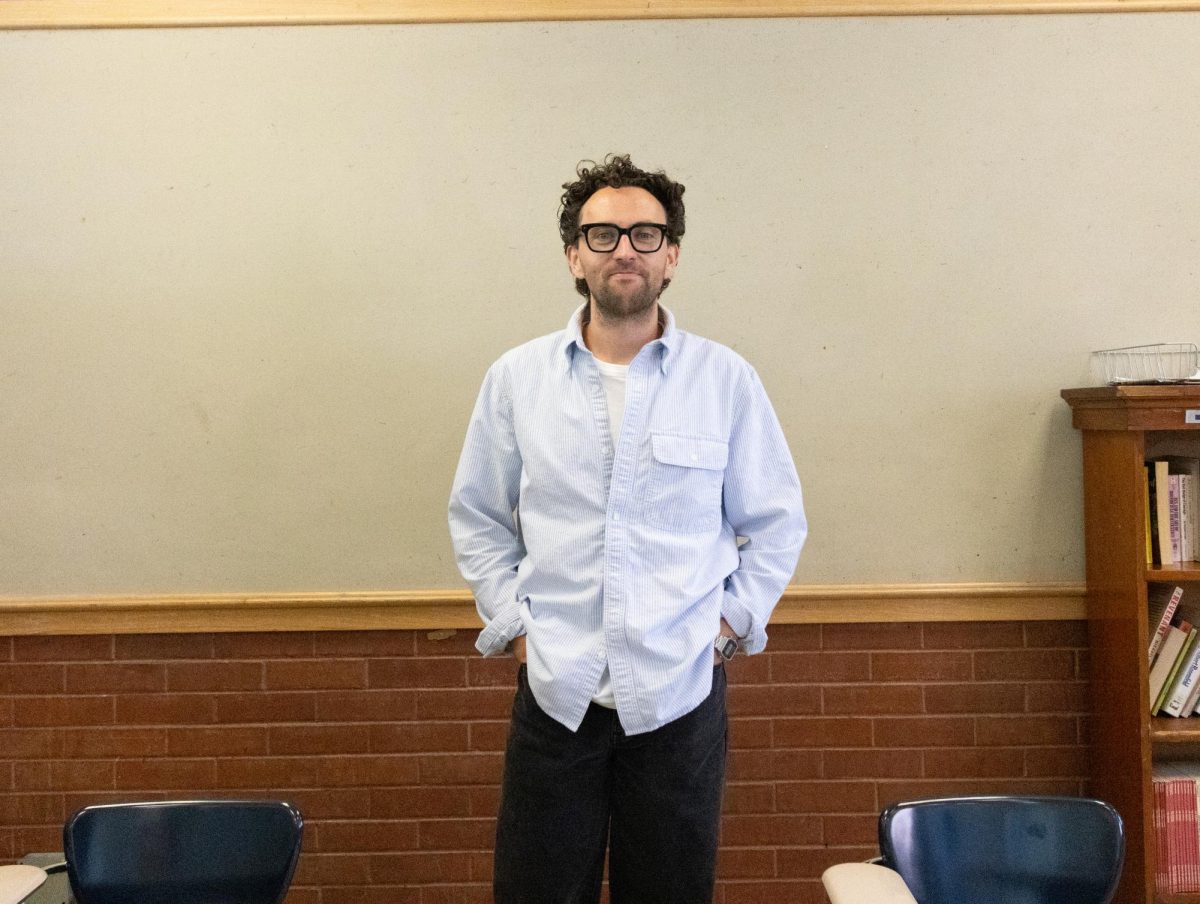Social Movements Are Hurting More Than They’re Helping
November 8, 2018
The #MeToo movement began as a way of showing the magnitude of the problem that is sexual assault and harassment, giving women and men alike the opportunity to show that they are a survivor and that others are not alone. Within 24 hours, the movement took off on social media, with people everywhere using #MeToo to share their truth.
But, good things never last forever.
Just as quickly as the movement started, people tried to end it. People began to question the validity of the claims being made, and a divide began to form.
The #MeToo movement along with the events going on politically have raised a question: What can we believe?
On one hand, it is important to take each accusation seriously, as every story has the possibility of being true. For the accusations that are in fact true, it is vital that action is taken, for sexual assault cannot be taken lightly. Along with punishing the person who committed the crime, we must show support for anyone coping with something as drastic as sexual assault.
On the other hand, our nation’s judicial system stands by the belief that people are innocent until proven guilty, not the other way around. The second this fact is forgotten, it takes nothing more than a simple tweet to incriminate someone for a crime they may or may not have committed.
In response to the controversy regarding the #MeToo movement, the #HimToo movement was created. Although the movement was created to support those whose reputations have been destroyed by a false accusation, it has become an outlet for those who wish to criticize people who speak up as victims.
Although each movement was made with the right intentions, the differing opinions on some aspects of the argument has caused the middle ground to be entirely eliminated. The divided outlooks on the issue make this topic difficult to discuss, as each side refuses to see the points made by the other.
Some people feel that it is important to stand by the victim’s side, giving them support in recovering from what they may have endured, while others choose to point blame at no one until it can be proven that there is a reason to do so. It is incredibly difficult to lean strictly toward one side or the other, but it all comes down to the toxic way the #MeToo movement began – through social media.
Before social media was invented, social movements consisted of people going out and risking their reputation to fight for what they believe in. During the Civil Rights Movement, people were injured, arrested, and in some cases even killed simply for standing up for their beliefs. Now, people can be a part of a movement from the comfort of their couch. Change requires more than hiding behind a screen.
Not only has the nature of current social movements taken away from their meaning, but it has diminished their credibility. When people are given the opportunity to make an accusation without being held accountable because the millions of people listening are not present, it opens the door for false accusations to occur. Due to the movement’s presence over social media platforms, people can easily hide their identity behind a username, all while making a life-altering accusation.
Although I have no doubt that Christine Ford is a victim, I cannot be sure whether or not Brett Kavanaugh was her attacker. Unless Kavanaugh is proven guilty, his reputation should remain intact.
We cannot criticize those who stand up to speak their truth, but we also cannot assume everyone who has been accused is guilty.





























